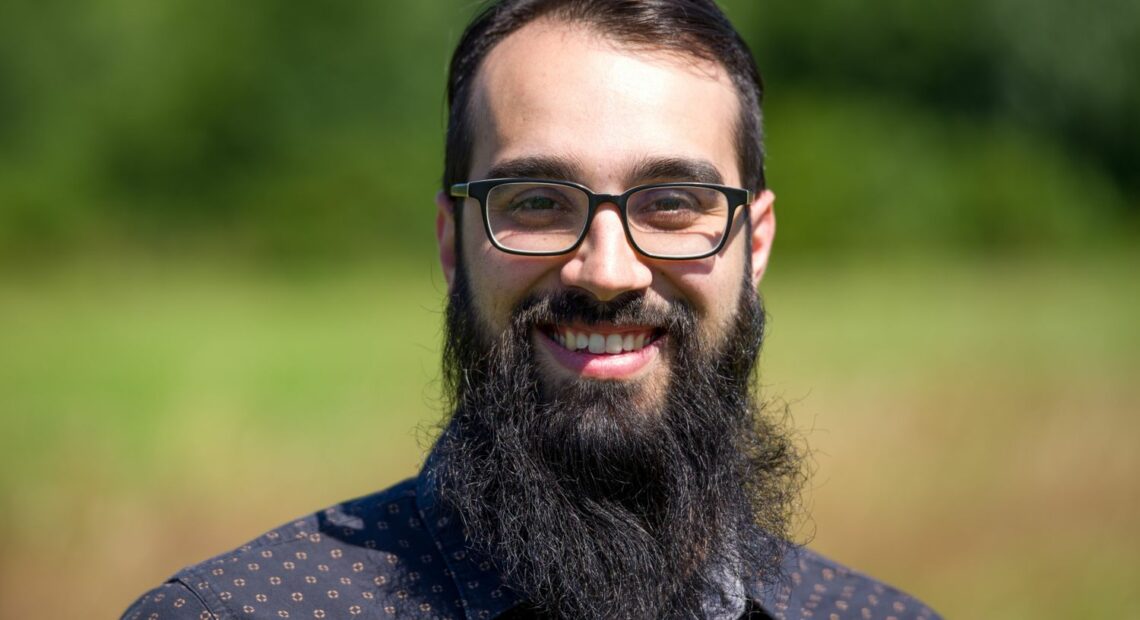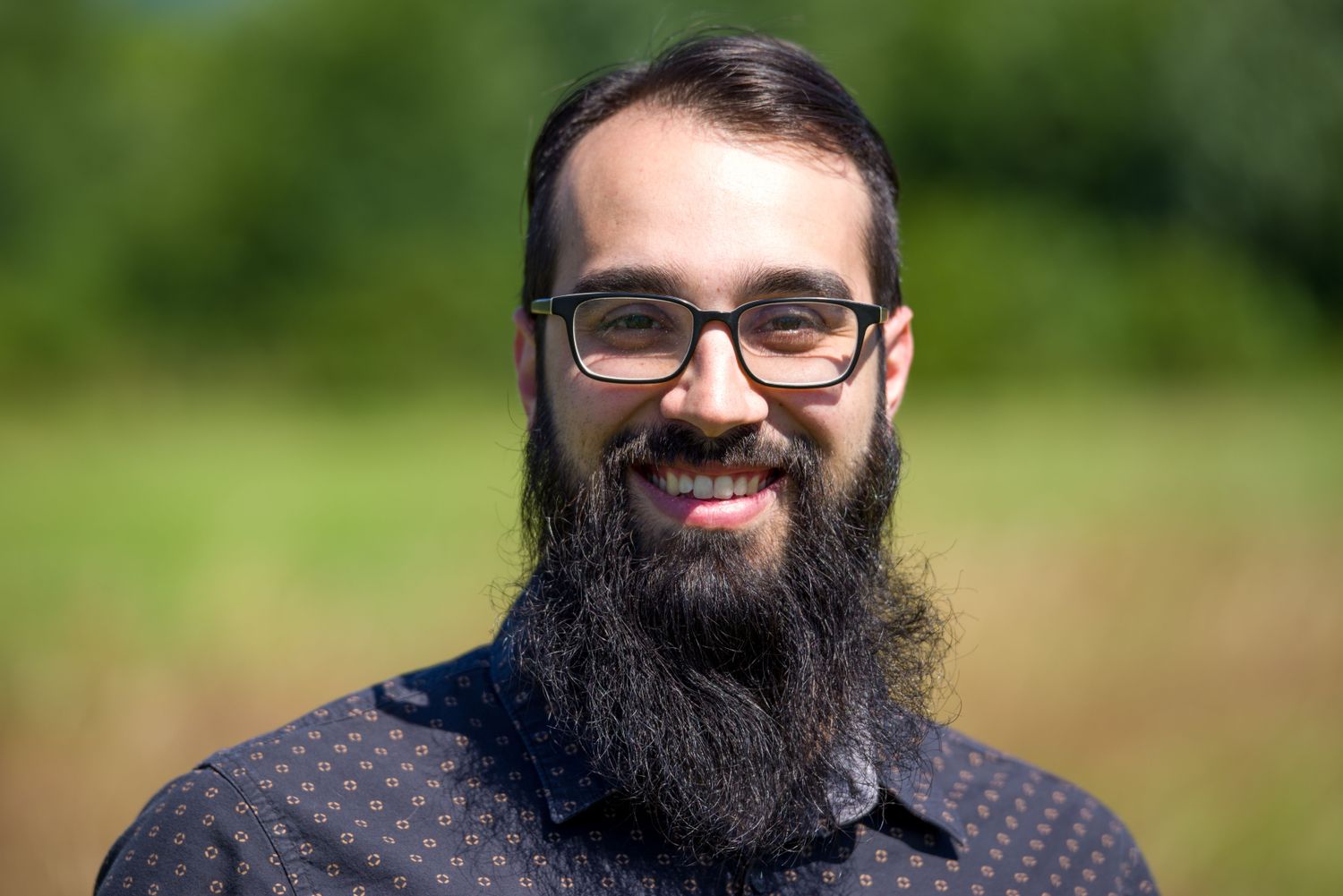
Mental health professional on how to handle election stress
Listen
(Runtime 3:34)
Read
Connor Henricksen: A lot of people aren’t feeling great about the election, so I decided to call up a good friend of mine, Angelo Avila. He’s a licensed mental health counselor based in Bellingham. Hi Angelo, thanks for your time.
Angelo Avila: Hi Connor, thanks for having me on.
Henricksen: So in our survey, listeners overwhelmingly used words like anxious, nervous, worried, to describe their feelings about the election. What are some tips for handling these emotions and getting through the next few days as we wait for the results?
Avila: First and foremost, I think it’s important to be honest with yourself about what the true benefits are of continuing to discuss politics and plugging into political content.
Namely, how much will that really influence the decisions that you’re making day to day? If you’re one of those people who’s feeling overwhelmed, anxious, or worried, I highly suggest unplugging as much as you can until you’re feeling ready to reengage.
Sometimes we’re just at capacity, and that’s OK, and there’s nothing wrong with taking a little time to take care of yourself.
Henricksen: Connected to that, do you see social media as something that’s worsening people’s feelings about our political environment?
Avila: Oh, yeah. Absolutely. These platforms are aggressively designed to hold our attention by influencing us to feel negatively.
So I think it’s incredibly important that we occasionally exercise a little bit of control and agency in our lives by taking a break, being able to step away, mute channels, unsubscribe from certain people that don’t make us feel good, especially if we’re experiencing higher than normal levels of anxiety and depression.
Henricksen: So, everybody’s going to know somebody — maybe it’s a friend, a family, a neighbor, a colleague — who’s dissatisfied with the election result. How do we start to heal damaged relationships caused by this election?
Avila: Well, I think it’s going to be hard for a lot of people, but I think the best way to start is to have faith in your fellow citizens. I think if we’re going to start healing, if we’re going to take those starting steps towards healing, I think it’s best to start assuming the best intentions from people that you disagree with.
There are certainly bad and evil actors out there in the world, but most people that you know are probably just as scared and worried about the state of the world as you are, and they believe that they’re voting for what they think will make the country better. If healing is going to happen, I think we have to start there and assume the best about the people around us.
Henricksen: That does sound like a hard process to do. So is it OK to take some time before talking to people that you really sharply disagreed with?
Avila: Yeah. I mean, like I said, you may be at capacity, and it’s OK to be at capacity, and it’s OK to know your limits.
Stepping away from relationships, whether temporarily or permanently, could be a better option for you than staying in something that’s generally unhealthy.
I think it’s important to recognize who those people are in your life who are willing to meet you halfway. If you’re willing to open up, if you’re willing to be vulnerable, and they’re also willing to open up and be vulnerable. You know, that’s the bare minimum for a healthy functioning relationship. No one’s entitled to that from you if you’re not being met with equality and respect.
Henricksen: All right. Well, thank you for your time. Thanks for those tips and good luck surviving the next little bit.
Avila: Yeah, you too. Thanks for having me on.
















